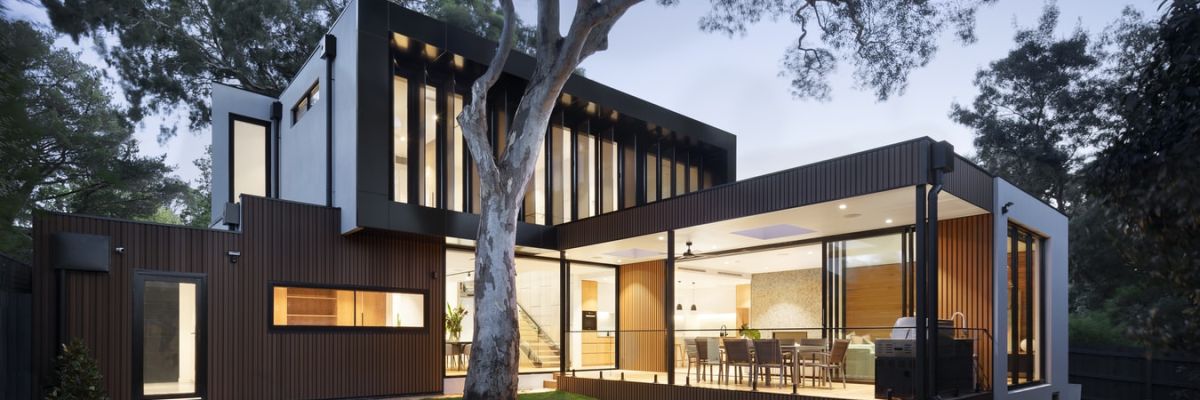Purchasing under Market Value

I just noticed this question sent in by a visitor a couple of days ago. Thinking they had found a bargain they were unable to get a mortgage for the amount they expected.
We found a property that was on the market for £225k in our local area. We are in Scotland. The property actually valued at £225k but they could not sell it. Some areas in Scotland are very rural, lack buyers and of course COVID was not helping. They were desperate and we got a price agreement of £185k. £40k undervalue, we thought it couldn't go wrong. Until we asked for a mortgage. Nobody would give us 85% of £225k, only 85% of £185k. We wanted some extra money to cover repairs and decoration. Still very upset at all this. Why do lenders ignore the value in these situations?
I understand your frustration. Lenders base the amount they are willing to lend on a general principle of the lower of either the purchase price or valuation amount.
They are not going to consider an amount that is in excess of what you actually need to buy the property.
Example of what can happen
Here is an example I came across a few years back which may help understand the issue better.
I was looking at lending against a flat in a block of 14 identical flats. The asking price was £500k. It took a while to get the deal done, about 7 weeks to agree to it due to delays with documents. At that point, we instructed a valuation and it came back at £425k. Other properties had sold for at least £500k in the months prior, so why has it dropped suddenly and so much?
The answer was that 2 properties owned by the same person had just been sold, both at £425k each. The reasons for them being sold at that price were not clear. The issue created is that valuers take notice of what similar properties sell for to determine what the market will pay and what value to give.
So when 2 properties recently sell at £425k you have to ask why someone would want to pay £500k for an identical property that others have paid significantly less for.
You are in a similar position. Property on the market at £225k eventually sold for £185k. If you were to then try and sell that property a couple of years from now, a valuer will look at the price it was on the market and what you paid for it.
Rather than value it at or more than £225k they may not consider it to be worth that much more if anything than the £185k you paid for it. If it was not able to achieve £225k it may not actually be worth that as nobody was willing to pay it. They are likely to consider a figure at or close to £185k as that is what someone was willing to pay.I am simplifying this of course, but you get the idea.
Lending more than 85%
Consider if the lender gave you 85% of £225k which would be £191,250, they are giving you 100% of the amount you are actually paying for the property and another £6,250 to cover your work. That works out at a bit over 103% LTV based on the purchase price. The lender will only ever give you 85% of what you are paying for it.
Hope that helps, whilst it won't make you feel any better about it at least it will help guide you in the future.
Lee Wisener, CeMAP, CeRER, CeFAP
Having worked in the mortgage industry for over 20 years I have always wanted to build a website dedicated to the subject. Also being a geek when it comes to the internet all I needed was time and I could both build the site from scratch and fill it with content. This is it!

<< Newer Post
The effect of missed payments due to COVIDOlder Post >>
Mortgage Complaints 2020/21